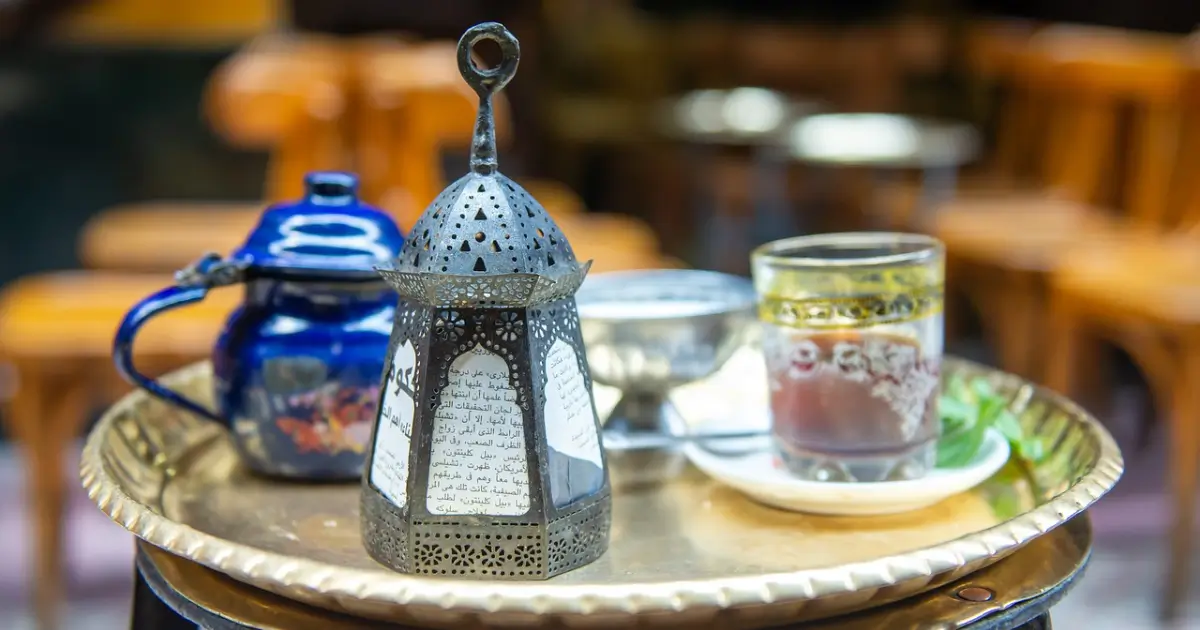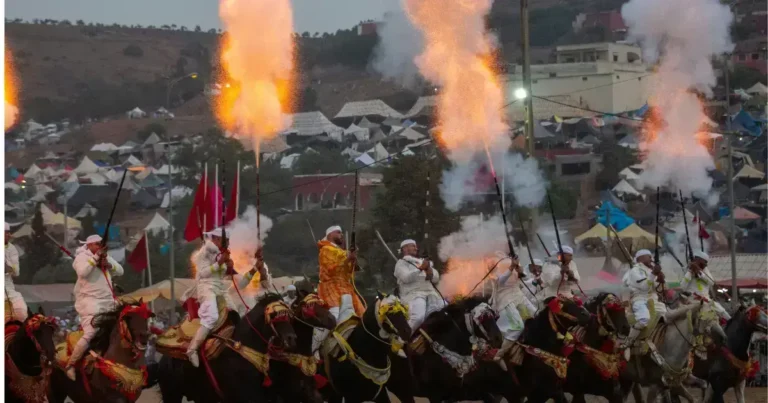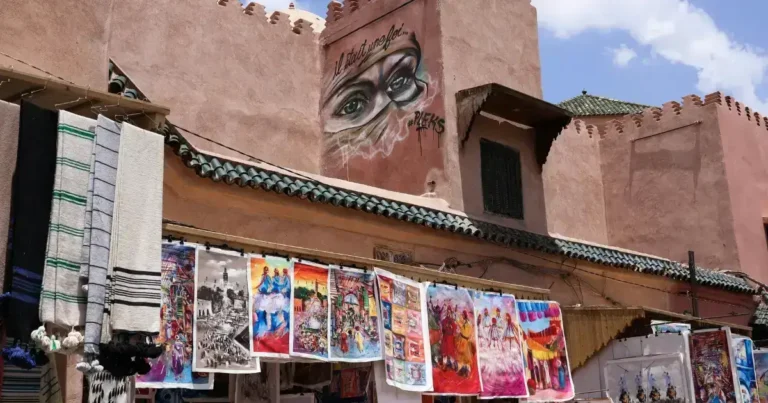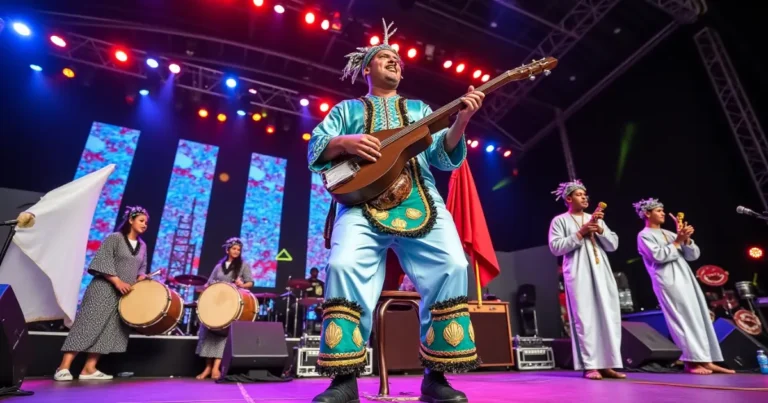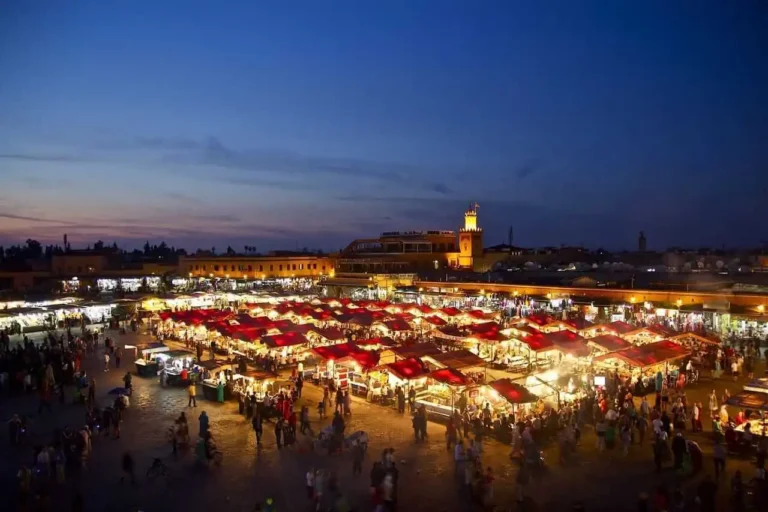Ramadan in Morocco: A Complete Visitor’s Guide (2025)
Ramadan in Morocco: A Complete Visitor’s Guide (2025)
Table of Contents
Ramadan in Morocco offers visitors a uniquely enriching cultural experience that transforms the usual rhythms of daily life into something extraordinary. From February 28 to March 29, 2025, travelers will witness the country’s deep spiritual traditions while experiencing the warmth of Moroccan hospitality during this sacred month.
Understanding Ramadan’s Significance
Ramadan holds profound religious and cultural significance as the ninth month of the Islamic lunar calendar. This holy period commemorates when the Qur’an was first revealed to Prophet Muhammad, marking it as a time of deep spiritual reflection and dedication. At its core, Ramadan centers around Sawm (fasting), one of Islam’s five fundamental pillars.
During this month, Muslims abstain from eating, drinking, smoking, and intimate relations from sunrise until sunset. This practice extends beyond mere physical restraint – it serves as a powerful reminder of human vulnerability and fosters empathy for those less fortunate. The fast encourages mindfulness, gratitude, and a deeper connection with both faith and community.
However, Islam recognizes that not everyone can safely participate in fasting. Several groups are exempt, including children under 16, pregnant or nursing mothers, those who are ill, menstruating women, Muslims engaged in physically demanding work, and travelers. These individuals can make up their fasts at a later time when their circumstances allow.
The Rhythm of Ramadan: Iftar and Suhoor
During Ramadan, the daily schedule revolves around two principal meals: Suhoor and Iftar. Suhoor, the pre-dawn meal, typically occurs around 4 AM. In many Moroccan cities, a traditional figure known as the Nafar, dressed in traditional garments and carrying a horn, moves through the streets to wake people for this important meal. This centuries-old practice adds to the month’s unique atmosphere.
Iftar, the evening meal that breaks the daily fast, takes place at sunset (approximately 7 PM) and transforms into a joyous celebration. Throughout Morocco, restaurants prepare special Iftar menus featuring traditional dishes that have been enjoyed for generations. The moment of breaking fast is announced by the firing of a cannon, known locally as “Medfaa,” a practice that originated in Egypt and has become an integral part of Morocco’s Ramadan traditions.
Traditional Moroccan Ramadan Cuisine
The Moroccan Iftar table showcases the country’s rich culinary heritage. At its center, you’ll typically find harira, a hearty soup combining tomatoes, lentils, chickpeas, and aromatic spices. This warming dish is accompanied by dates, boiled eggs, and freshly made Msmen (traditional Moroccan pancakes). The meal often concludes with Chebakia, an intricate honey-coated pastry that symbolizes the sweetness of breaking fast.
As Iftar approaches, cities across Morocco experience a remarkable transformation. Streets empty as people hurry home or to restaurants, creating a unique energy that visitors won’t encounter at any other time of year. For travelers, it’s advisable to avoid scheduling dinner reservations or activities between 7 and 8 PM, as this sacred time is reserved for breaking fast.
The Cannon Tradition: Marking Sacred Times
The Ramadan cannon serves as both a practical timekeeper and a cherished tradition. Seven cannon shots mark both the beginning and end of Ramadan, while daily firings signal important times throughout the month. Some cities have modernized this practice by using an air raid siren (Zowaka) instead, though the tradition’s significance remains unchanged.
Each evening, a single cannon shot announces Iftar, followed by two additional firings around Suhoor – one to begin the pre-dawn meal and another to signal its conclusion. This acoustic tradition helps coordinate the community’s fasting schedule and adds to the month’s distinctive atmosphere.
Daily Life During Ramadan
Visitors should note that daily life in Morocco adapts significantly during Ramadan. While many local shops operate on reduced hours, tourist areas – particularly in places like Marrakesh’s Medina – maintain regular service. However, the overall pace of life slows as people conserve energy while fasting, often in high temperatures.
Laylat Al-Qadr: The Night of Power
The final ten days of Ramadan hold special significance, culminating in Laylat Al-Qadr (the Night of Power). This sacred night commemorates when Prophet Muhammad received the first verses of the Qur’an. Islamic tradition holds that worship on this night is more valuable than a thousand months of regular worship, leading to extensive prayer sessions and spiritual reflection throughout these final days.
Celebrating Eid al-Fitr
Ramadan concludes with Eid al-Fitr, a joyous celebration marking the end of fasting. The festival begins when the new moon is sighted, launching communities into celebration mode. Men gather for communal prayers while women prepare special breakfasts featuring traditional Moroccan delicacies. Families don new or traditional clothing, share meals, and exchange visits.
An essential aspect of Eid is Zakat Al Fitr, a charitable contribution that must be paid before the Eid prayer. The government sets minimum amounts, ensuring that even the less fortunate can participate fully in the celebrations.
Travel Tips for Visiting Morocco During Ramadan
For travelers exploring Morocco during Ramadan, understanding and respecting local customs enhances the experience. While tourist-oriented restaurants and cafes remain open, dinner service often starts later than usual. Consider dining around 8 PM or, better yet, accept invitations to share Iftar with locals for an authentic cultural experience.
Transportation and tourist services continue operating normally, with tours, transfers, and guides available throughout the month. However, in smaller cities, it’s wise to arrange lunch in advance. Tour drivers typically know which establishments cater to visitors during fasting hours.
Regarding alcohol consumption, sales are restricted to foreigners and require passport verification. Many local bars close for the month, reflecting the period’s spiritual focus.
By approaching Ramadan in Morocco with respect and curiosity, visitors can experience a profound cultural immersion while witnessing the beautiful traditions that make this period so special. The month offers unique insights into Moroccan spirituality, community, and hospitality – creating memories that will last a lifetime.

